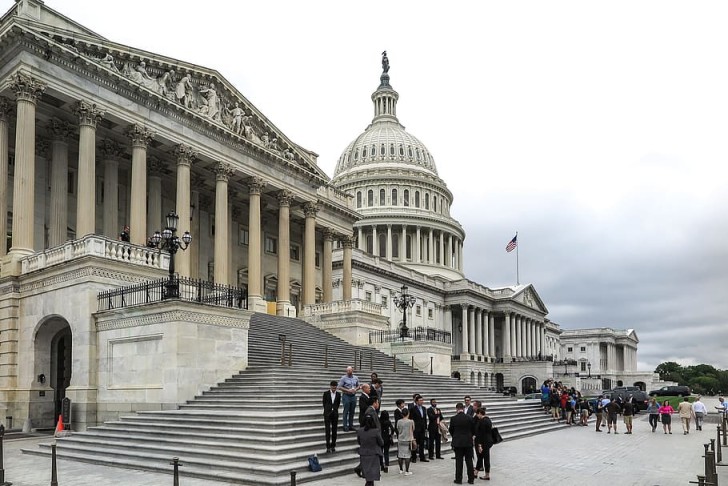Last Wednesday, the U.S. Senate approved a stimulus package to boost the economy and help out the public during the corona virus pandemic. The package is estimated to be in the tune of USD 1 trillion.
What Stimulus is Offered?
The relief is designed to help individuals, give the healthcare system the boost it needs to cope with the medical emergency and even dish out some financial help at the corporate level. But the question on many people’s mind is probably how will such a large amount of money be used? Here is the breakdown of the package:
- $1200 will be paid per individual, including $500 per child, based on 2019 and 2018 tax returns. The relief will start falling for people with more than $75,000 annual income, phasing out completely at $99,000.
- $600 will be added to the existing unemployment insurance, expanding to include self-employed and contractors.
- $117 billion for the hospitals, inclusive of veteran ones.
- Medical and pharma stock building of $16 billion.
- Insurance and health plans will cover the preventive measures for the virus without any cost sharing.
- Employee taxes will be differed. First half will be paid at the end of 2021 and the second at the end of 2022.
- $25 billion and $4 billion set aside for passenger and cargo airline employee wages respectively. Another same amount will go towards loans and guarantees.
- $17 billion for “business critical to maintaining the national security”.
- $500 billion pool for businesses, states and municipalities that are affected by the crisis.
- $350 are sanctioned for small businesses so they can pay their employees, up to 250% of the salaries, with a maximum loan of $10 million.
- For business that see a fall of 50% gross income from the last year due to the crisis by suspending operations, a tax credit of 50% of the wages paid during the crisis will be given.
What is Stopped?
The stimulus package, where it gives relief, also creates blocks for somethings:
- Will stop companies from taking government loans for stock buy back option for at least a year after previous loans are repaid.
- Employees and executives with salaries above $425,000 annually will not get a raise.
- Student loans repayment will be suspended until end of September, without interest being accrued.
- Businesses owned by President Trump and his family members will not receive any relief. The same applies to the Vice President, heads of departments, members of the Congress and extend to their families.
The stimulus package has to be approved to become a legislation. It is expected to be done on Friday. The news of the stimulus package created a positive response. Overall, the European and Asian stocks responded positively to the news, barring a few exceptions.
 Saad Ullah
Saad Ullah

 Saad Ullah
Saad Ullah


